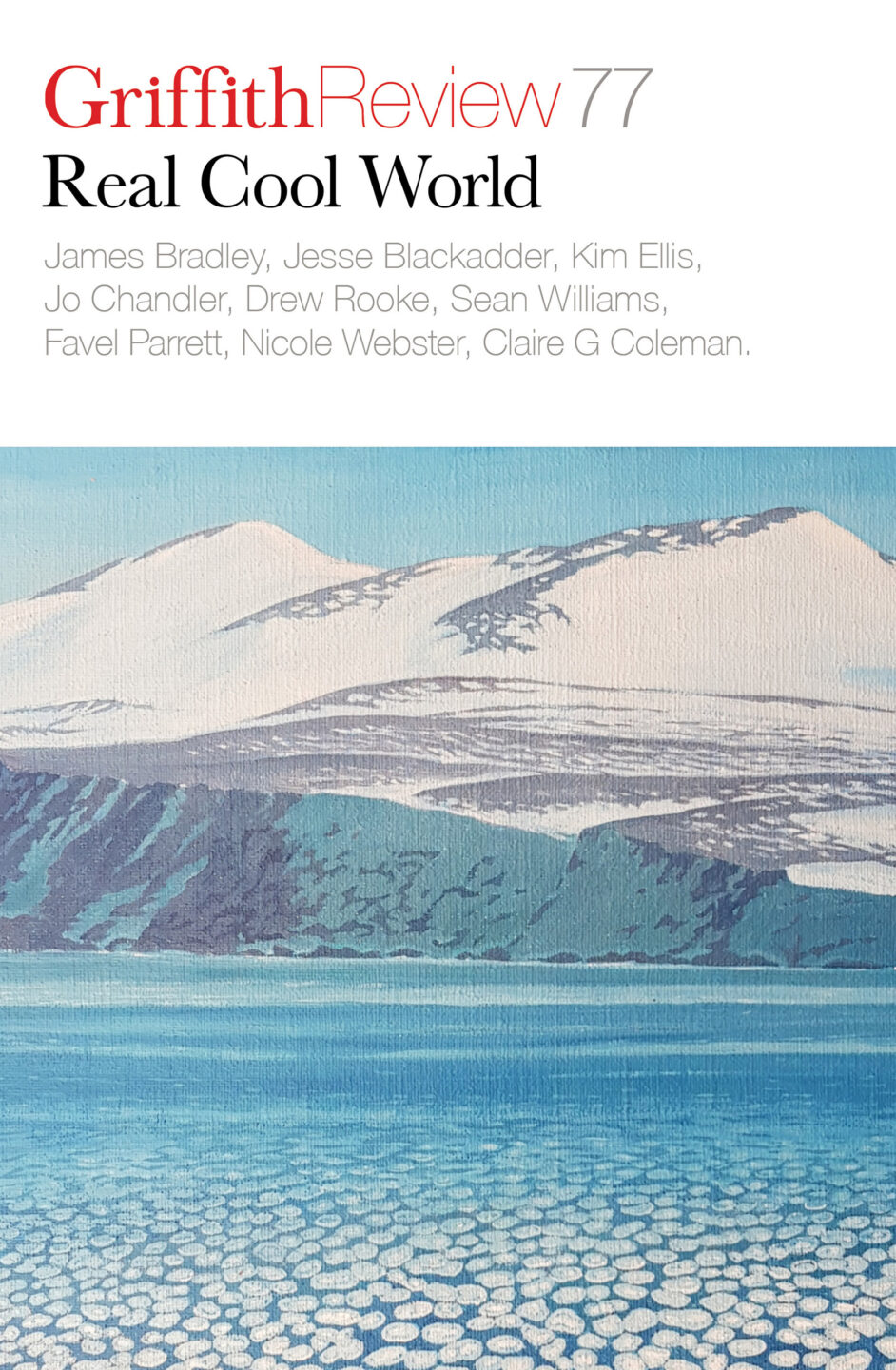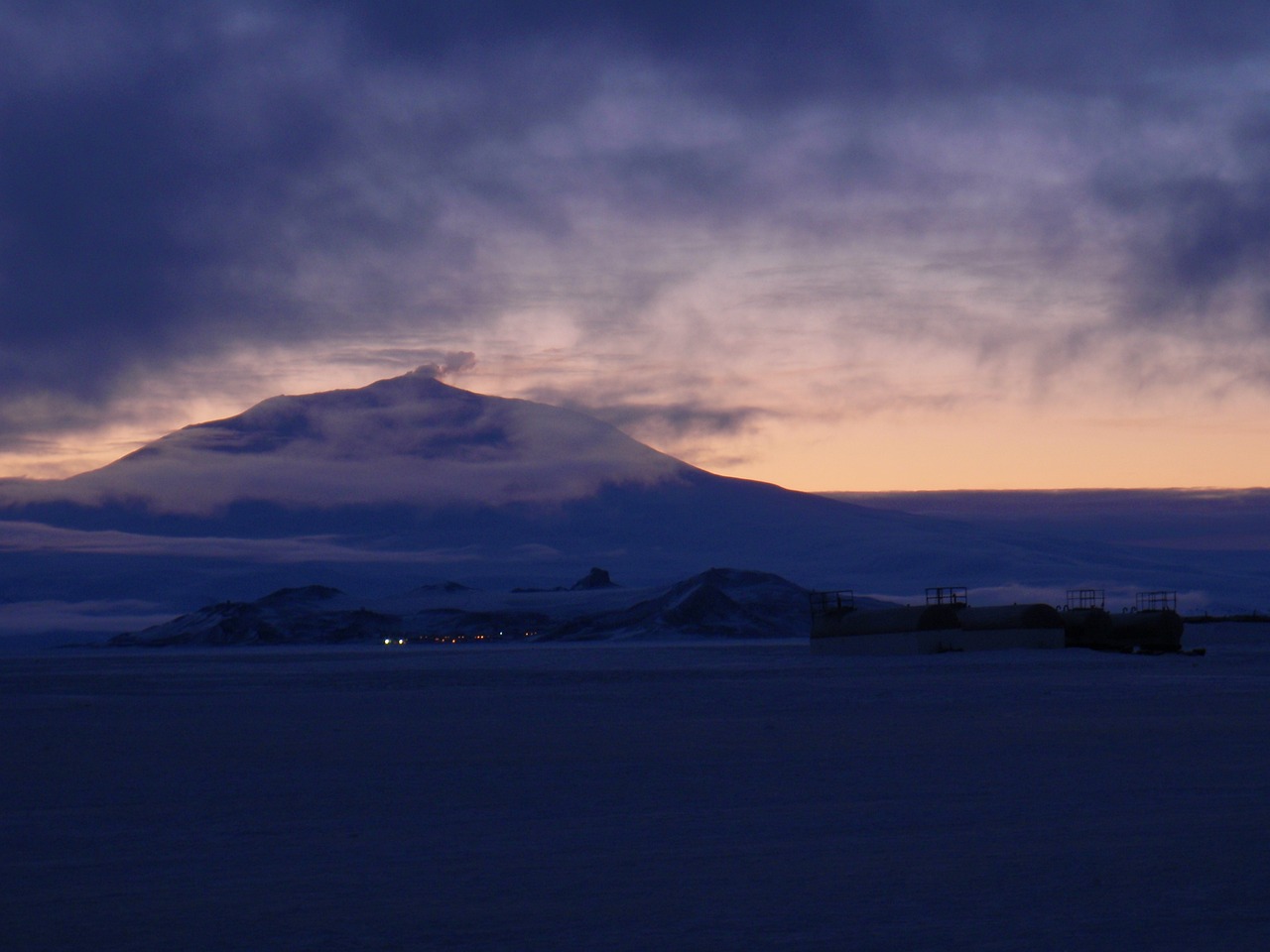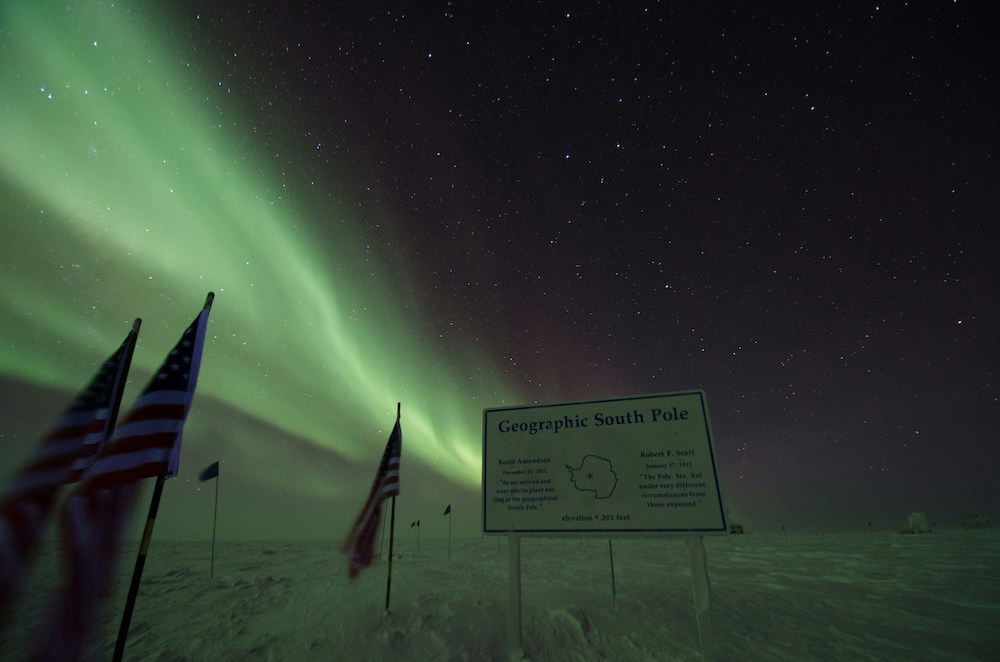Featured in

- Published 20220503
- ISBN: 978-1-922212-74-0
- Extent: 264pp
- Paperback (234 x 153mm), eBook


Already a subscriber? Sign in here
If you are an educator or student wishing to access content for study purposes please contact us at griffithreview@griffith.edu.au
Share article
About the author

Elizabeth Leane
Elizabeth Leane is Professor of English in the College of Arts, Law and Education at the University of Tasmania, where she is also associate...
More from this edition

Last of the rational actors at the end of the unnatural world
FictionWas it Douglas Mawson who compared Antarctica to Mars?... 'Outside, one might be a lone soul standing on Mars', or something very much like that. 'All is desolation and hard.'

White day dreaming
MemoirWe linger together well past bedtime, talking of our children. The sun plays its part by refusing to set, doing an orbit around the horizon and waltzing shadows across the lounge. Below us are about eighty metres of ice floating on the waters of the Ross Sea. Further towards the mainland and buried some sixteen metres down in the ice are Scott, Bowers and Wilson, frozen into their sleeping bags and wrapped in their tent.

Between different worlds
IntroductionAntarctica offers windows into many different worlds...